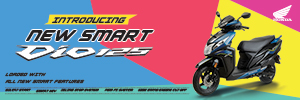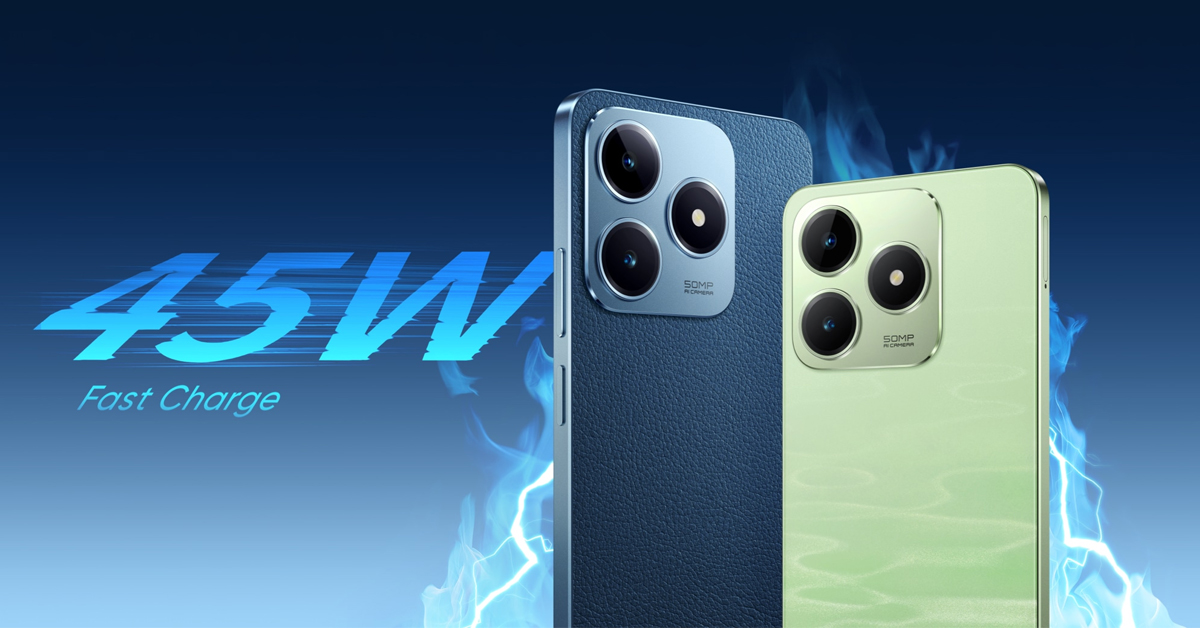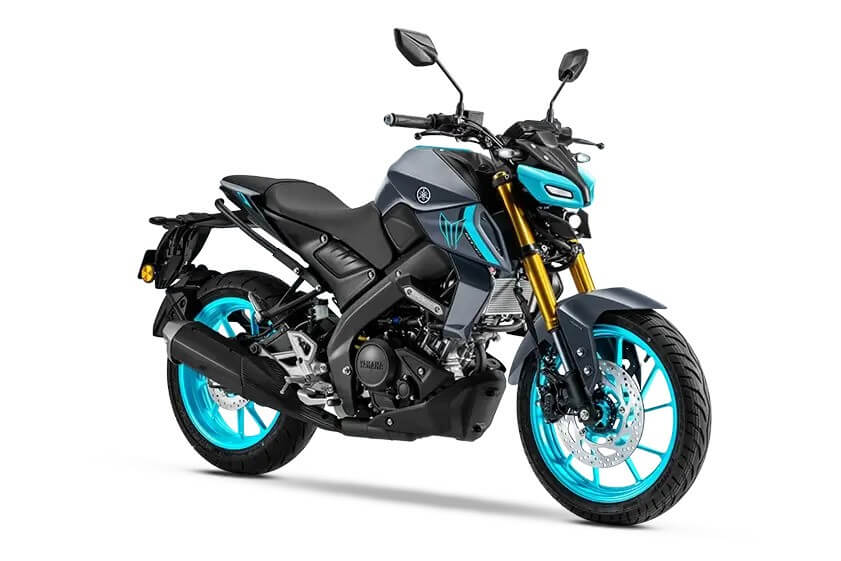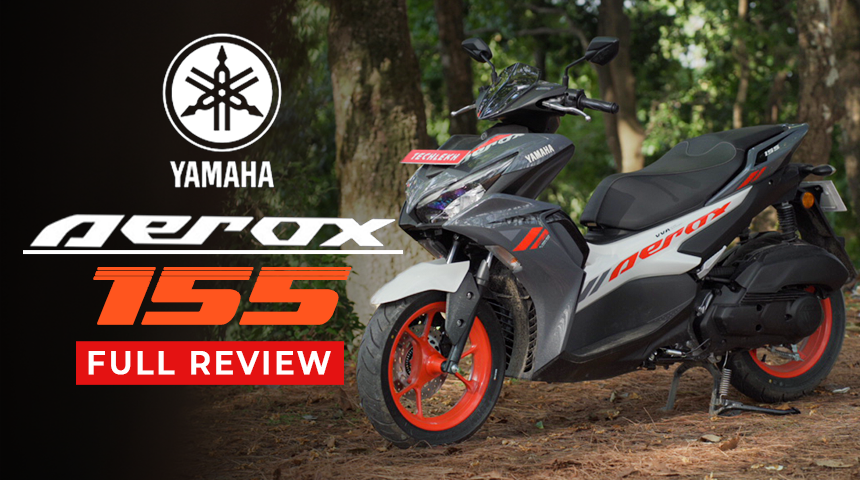Mr. Raghunath C Nair is a seasoned professional with over 20 years in Automotive industry, first few years with the Nissan Distributors in Middle East and 14 years of experience in various key roles with Nissan Motor Corporation.
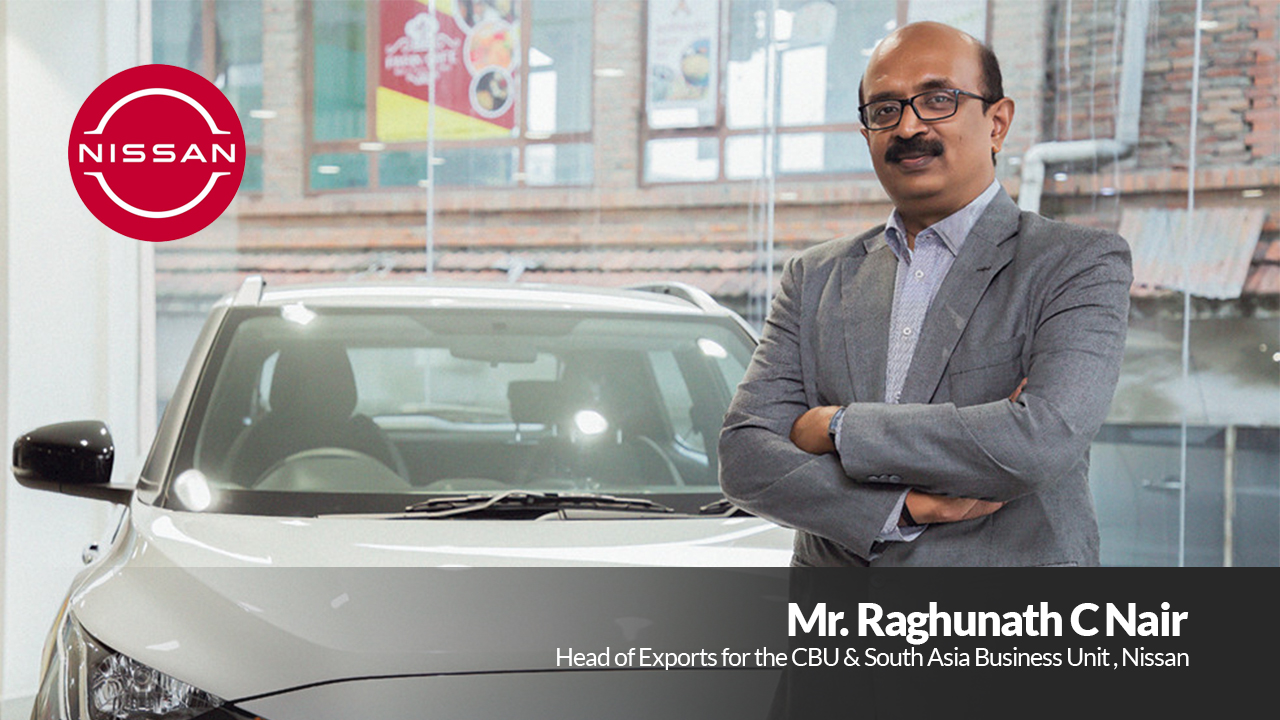
Currently serving as the Head of Exports for the CBU & South Asia Business Unit for Nissan, Mr. Nair oversees a wide range of functions including sales, marketing, export documentation, Carflow management, Aftersales and profitability.
Mr. Nair is recognized for achieving CBU volume targets, cost reduction, efficient cash flow management, and expanding market reach through strategic coordination with various stakeholders within the organization.
He has a strong track record in establishing and expanding markets, and his leadership skills make him a valuable asset to the industry.
We spoke with Mr. Raghunath C Nair to discuss Nissan’s vision for Nepal, both present and future.
Here is what he shared with us.
TL: What are the challenges for Nissan as a brand in Nepal to survive in South Asian markets like Nepal?
There are challenges, any industry will get challenged. There are many socio-economic challenges, not just in Nepal but in other markets as well.
But our products are good.
The only difference between Nepal and other markets is the EV influx. So, I am not sure how things will look in the future, especially considering from a safety, service, and aftersales standpoint.
Nissan is investing 5300 Crore in India to introduce three new products, which will include an EV.
These products will be made in India for Nepal and the global market. These are the things we will look out for in the coming days.
TL: With companies like Tata, MG, and BYD dominating the electric vehicle market in Nepal, what is Nissan’s strategy and vision for establishing a strong presence and competing effectively in the EV market?
That is something we are monitoring as the market continues to evolve. Because of changes in rules last year, the EV share is more than 28% of TIAB, increasing slightly more this year.
I remember, a similar influx happened in Nepal few years back with new Chinese EV brands coming to the market thanks to changes in regulations but ultimately fizzled out… but they have improved now.
Let’s see how things go this time.
Nissan Leaf was the first mass-produced electric vehicle in history that we launched in 2010. Driving comfort, safety, and features set precedence for what it means to be a Nissan EV.
Globally Nissan is working on its EV strategy, and will reveal more details when the time is right.
TL: Can you discuss specific factors on how Nepal is a crucial market for Nissan? How does it fit into the company’s global market strategy?
Every market is important.
That is one reason we have a separate South Asia-based team operating from Nissan India, previously it was solely handled by Nissan Japan.
It is done so as to get closer to the customers.
We launched the Nissan Magnite in Nepal almost immediately following its launch in India. Going back to when the Nissan Leaf first launched in Nepal, we had a technical interview with the media which has never happened before.
That is the importance of Nepal, establishing a collaboration and connection between new and old customers. And, that is where we are concentrating as a brand where you think about your current customers and future customers.
And, we are here to stay.
TL: How does Nissan handle and address the ever-changing government policies in Nepal?
From a government’s point of view, I can’t say much.
Because they have their own priorities, and they need to look after the country. Based on their priorities, they set up the rules and regulations.
We will comply with government policies and regulations. Compliance is the key to addressing these scenarios. So, we will comply.
TL: With major two-wheeler brands beginning their factory operations in Nepal, will Nissan do the same in the near future?
That is in the very early stage from a factory perspective. However, we may look into performing CKD operations in the near future.
When the time comes, we will get to that.
As I said, we are not here for the short term, we are here for the long term. We will reveal when the time is right.
TL: Is there anything else you like to add?
Nepal is a very important market for Nissan. Especially the NADA Auto Show after four years, we want to see how the market evolves.
Customer satisfaction is essential, and that is where we are focusing as a company right now.
We are happy with Pioneer Moto Corp, the authorized distributor of Nissan vehicles, with their performance and effort, especially with the dealers, dealer network, and service centers.
That is why I said, we are here to stay for long.
-
Realme C63 with 50MP Camera Now Available in NepalHIGHLIGHTS The Realme C63 price in Nepal is Rs. 15,999 (4/128GB). It is powered by…
-
Yamaha MT-15 Version 2.0 Expected to Launch Soon in Nepal: Find Out What’s NewHIGHLIGHTS Yamaha MT 15 V2 price in Nepal is expected to be around Rs. 6…
-
Yamaha Aerox Review: Fast and Fun with R15 at Heart!TechLekh Verdict Yamaha Aerox 155 is an outstanding scooter that combines power, style, and advanced…



